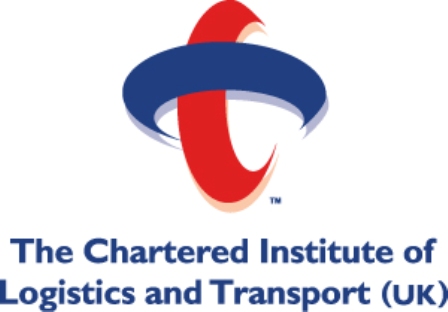
Members of the Chartered Institute of Logistics and Transport, (CILT), believe that transport spending that supports economic growth or reduces congestion should be the key priority in the Government's Comprehensive Spending Review. 75% of participating members identified 'supporting economic growth' as one of their top priorities where Government spending should be protected.
A total of 1,244 CILT members participated in an online survey carried out between 7 and 21 July 2010. CILT membership includes leading managers and academics from every part of the freight, logistics and passenger transport sector, from every mode - road, rail, sea and air, and senior personnel responsible for the management and operation of the UK's transport systems.
Maintaining, and making the best use of the existing infrastructure was seen as a higher priority than building new capacity. 'Rail capacity', 'road maintenance' and 'smarter choices', were the top priorities for transport spending whilst 'new motorways', 'new or extended tram systems' and 'new transport links to airports' were amongst the lowest.
However, plans for progressing the new high speed rail network (HS2) were supported by 79% of members, albeit with some thinking that there should be a delay to the current timetable.
'Smarter choices' - green efforts to change travel behaviour and reduce car use, such as cycling and car sharing, were seen as sensible actions for current or greater levels of investment (77%). Areas identified as being high priorities for cutting expenditure were 'socially inclusive services' (54%) 'rural accessibility' (46%), 'health and safety' (44%) and 'increasing capacity' (44%).
Overall, members were more favourable towards Government spending to increase rail capacity rather than road capacity. 24% said that significant Government resources should be directed towards increasing road capacity compared to 61% who supported available funds being directed towards rail capacity.
Members were also concerned that climate change should not be forgotten. Protecting public spending to reduce carbon emissions was the fourth highest overall priority. 55% favour significant Government spending on reducing the carbon output of the transport industry, although more are supportive of maintaining rather than increasing spending. Of these, 77% want to see 'green taxes' to raise money and incentivise CO2 reduction.
There was also support for the prospect of users paying a higher proportion of transport costs - 39% supported cutting 'concessions, such as travel by senior citizens'. Just 8% regarded 'bus fare subsidies' as one of their top three priorities for Government spending and the same number, 8%, put 'rail fare subsidies' in their top three.
In terms of generating increased transport funding, 70% of respondents identified various forms of road or congestion charging as one of their top preferences for the Government to raise new revenues.
Commenting on the survey, Sir Moir Lockhead, CILT President, said: 'No-one likes to see the transport budget cut, but in the current conditions it's inevitable that savings are going to have to be made. This survey provides a unique viewpoint cutting across private and public sectors and involves people from every part of the transport and logistics industry. It provides the most comprehensive view from transport specialists of the way the industry believes we should move forward.'
Steve Agg, CILT CEO, said: 'Members believe that we should target spending to boost economic growth and reduce congestion. In doing so it must be recognised that, whether in respect of the movement of people or goods, the transport sector plays a vital role in both the operation of the economy and of the social life of the UK, and is important to every individual and every company. By making better use of what we have, using technology to help operators and users make smarter choices about how and when to travel, and the routes to take, our members believe that we can get the best value for the money which is available to the Department of Transport, local authorities and the devolved Governments.'